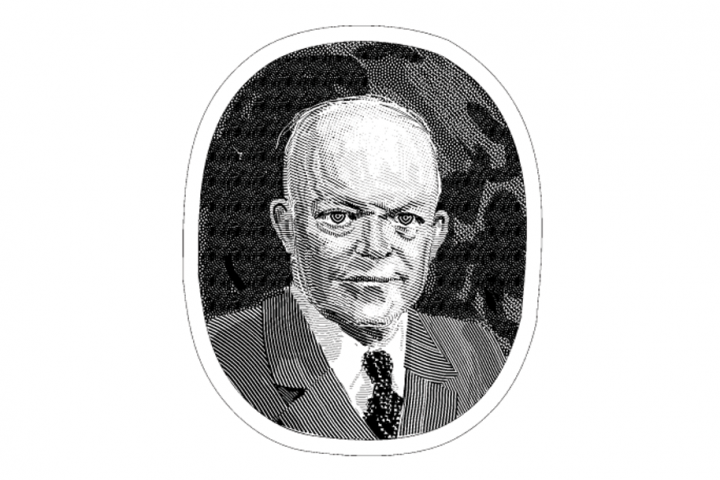With three months to go, Mitt Romney's campaign faces three strategic problems: what to say about his governorship of Massachusetts, how to describe his relation to the policies of George W. Bush's administration, and how to explain to the public the stakes of the 2012 contest.
Despite a few missteps, Romney has shown himself an able campaigner who is continually improving. But there is a huge difference between campaigning and governing—President Obama is now back to his strong suit, running for office—and Americans are eager for a hint of what kind of leader Romney would be.
That he turned around the 2002 Olympics in Salt Lake City is hardly relevant, a fact confirmed by his blurting out the truth, while visiting London, about the shortfalls in British preparations for their Olympics. "It has always been desirable to tell the truth," Lord Balfour once said, "but seldom if ever necessary." Granted, being an Olympics organizer is better than being a community organizer, but neither is a reliable sign of presidential ability.
The obvious qualification to lean on is Romney's term as Massachusetts governor, but this subject has almost disappeared from the campaign. When he announced his presidential run in June 2011, he lauded his record as a governor who had cut taxes 19 times and balanced the state budget every year. This theme will probably be reprised at the GOP National Convention when he is "reintroduced," as the political consultants say, to the voters. But it will fade away once again, unless he comes to grips with the underlying problems blocking access to his own political biography.
When Ronald Reagan ran for president in 1976 and 1980, he pointed insistently to his record as governor of California: cutting taxes, reforming welfare, facing down student demonstrators, and so on. He had two terms' worth of achievements. Romney has only one. Reagan admitted to some big mistakes, like raising taxes during a budget crunch and signing a bill liberalizing abortion; but he was proud of his achievements overall. Romney's biggest mistake, alas, bears his name and blots out his other accomplishments. That's Romneycare, his health care reform bill, and he has distanced himself from it without quite repudiating it. In politics, the half-apology is a deadly no man's land. So his campaign doesn't go there anymore. As a result, his governorship commands a sort of embarrassed silence, like a first marriage.
Also as a result, it's all Bain Capital all the time. That's the credential Romney prefers to use, and the one his opponents now attack.
* * *
How to deal with W's legacy is the second of the nominee's dilemmas. Obama charges that what the Republicans have on offer this time is more of the same, a repeat of the "failed policies" of the preceding GOP administration. A glance at the roster of Romney's advisors would tend to confirm the charge. Bush has announced that he won't attend the convention, so there is an opportunity for the candidate to put some polite but public distance between them. Romney could acknowledge that the GOP lost its way back then, spending too much and running up excessive debt, even though Obama has been far more profligate—precisely to show the breathtaking depth of Obama's profligacy, and its awful consequences.
A large part of the Bush Administration's deficits went to pay for the wars in Iraq and Afghanistan. Though Condoleezza Rice and others hate to admit it, Americans don't view those wars as great successes, and with good reason. They weren't. Fought for shifting and ultimately impracticable objectives that made victory elusive, they achieved some good but fell far short of ending tyranny in the world or even bringing peace to the region. Why would Romney want to resubscribe to that? Here too he has an opportunity to separate himself from recent excesses while endorsing the traditional aim of conservative or Reaganite foreign policy: making the world safe for American democracy.
Like Herbert Hoover and Wendell Willkie, Romney stakes much of his claim to leadership on his skills as a businessman. Those precedents ought to give him pause. In politics, the toughest problems usually can be faced only after the public mind has been prepared, which takes time. And most political problems can't be "solved," only made better or worse. Romney often speaks as if a new CEO could turn America around in short order. Maybe, but our problems are political and moral as well as economic, and in Europe, Asia, and the Persian Gulf storms gather. He may want to remind us that sometimes all a statesman can truthfully promise his country is blood, toil, tears, and sweat.


